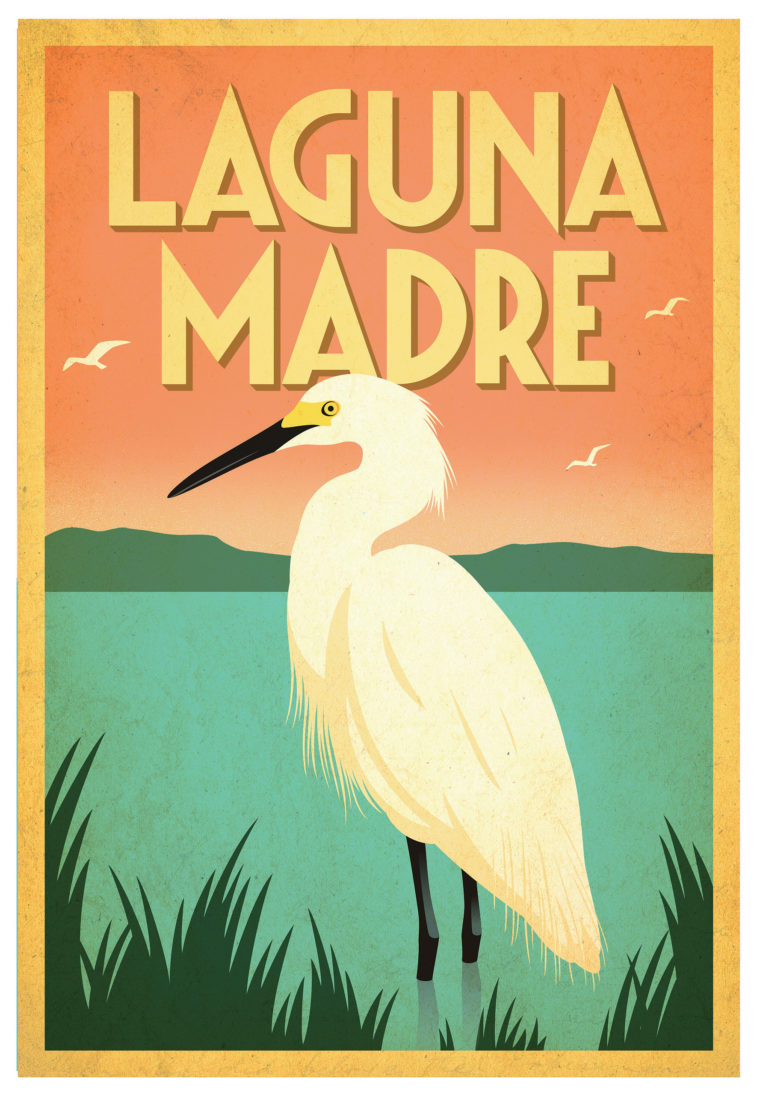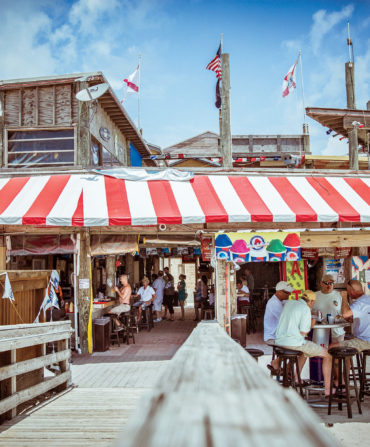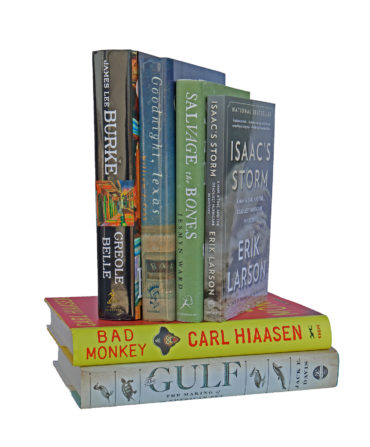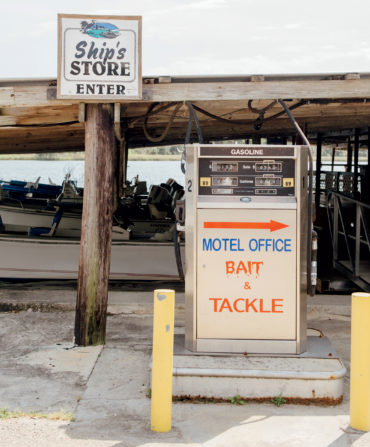Sometimes a place can be not a place, but a time. The landscape of the Laguna Madre could well be said to be the landscape of childhood, where certain experiences are given fantastic proportions while others are barely noticed; and the Laguna Madre, too, some distance farther on, could be said to be the landscape of old age, where in similar fashion certain memories remain as fixed and enduring as a concrete piling canted in the depths of the dunes, though still standing: almost completely buried some days and yet—depending on the drift of things—fully exposed on others.
The Laguna Madre, a 130-mile crescent of hypersaline, super-shallow waters, lies between Padre Island and the Texas mainland, down near the border of Mexico: sand, sand, yucca, sand. Heat, wind, shimmer, sand—a fever dream made manifest.
My father, a geologist, had a small plane that he flew out to log wells. He would often land on a dirt or gravel road and taxi all the way to his prospect. On Sundays he would sometimes fly us, my mother and brothers and me, from our home in Houston down to the Laguna Madre.
There were fewer people then. There was more space. And with what are said to be the two fundamentals of the universe, time and space, being so inextricably linked—to some degree, I think, interchangeable—did more space back then equal more time?
My father would land on the beach, the packed damp sand a perfect runway. There was never anyone else around back then. We would get out and walk up into the dunes and build a little driftwood fire. We would have a picnic, play in the waves, watch gulls, watch the surf: each swell a piece of geology and time made fluid, a mountain being born, cresting, collapsing to trough, flattening, then rising again. The waves at sea the shape of the waves of sand in which we ran barefoot. I know that time is gone. I understand that.
I remember going out on a fishing boat with a friend, looking for redfish and speckled trout—my favorites, down there—years later, the boat pitching nose skyward, then plunging, up and down pea-green waves the color of my face. My friend had suggested, due to the choppy conditions, that I buy a magic seasickness patch to place behind my ear, and I had—ten or twelve dollars, an extravagance. A waste.
We went out ever farther toward the tilting, rolling horizon. We caught no fish. It began to rain, to storm, but my friend kept fishing, and I kept thinking I was going to get better.
After an eternity, we came back in. I remember an old fellow on the dock looking at me and asking, with some mirth, how that patch had worked out, and how, when I snarled, “Not worth a damn,” he nearly doubled over with emphysemic laughter. There’s no way he’s still around, his memory of that moment, and his merriment, surely washed away and forgotten minutes, or maybe hours, later, as they were for me, too, until I dug down into this remembrance of a place and time that I’m sure has changed a great deal, though I hope, in some places, not at all. Or that if it changes, it changes back again.








